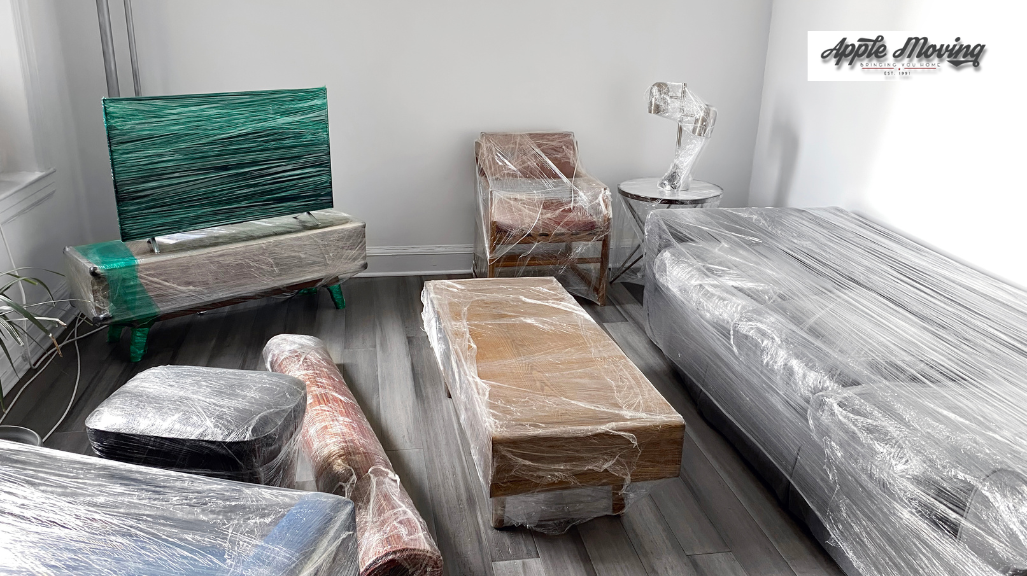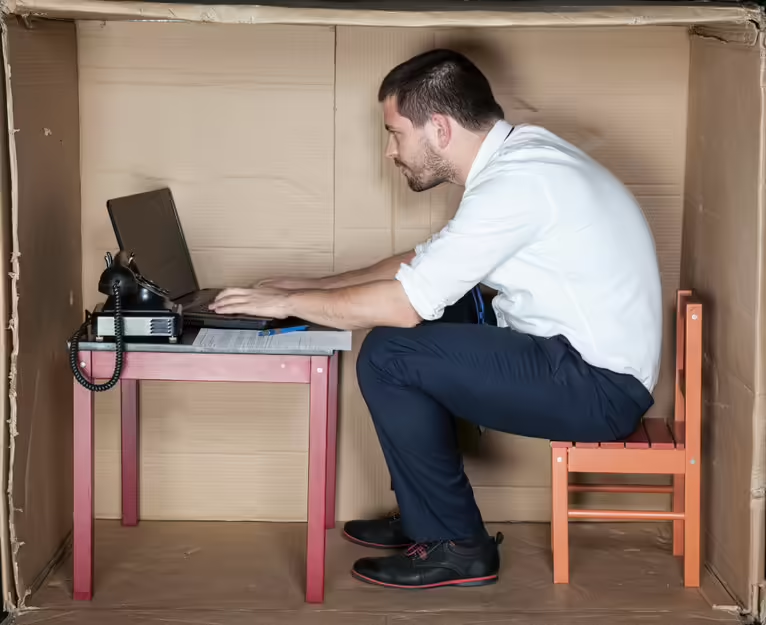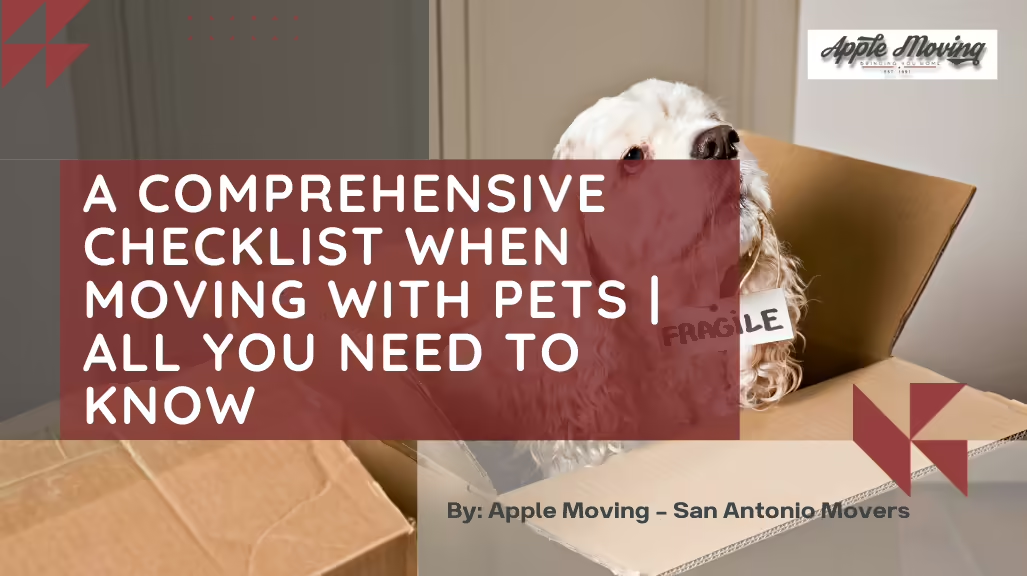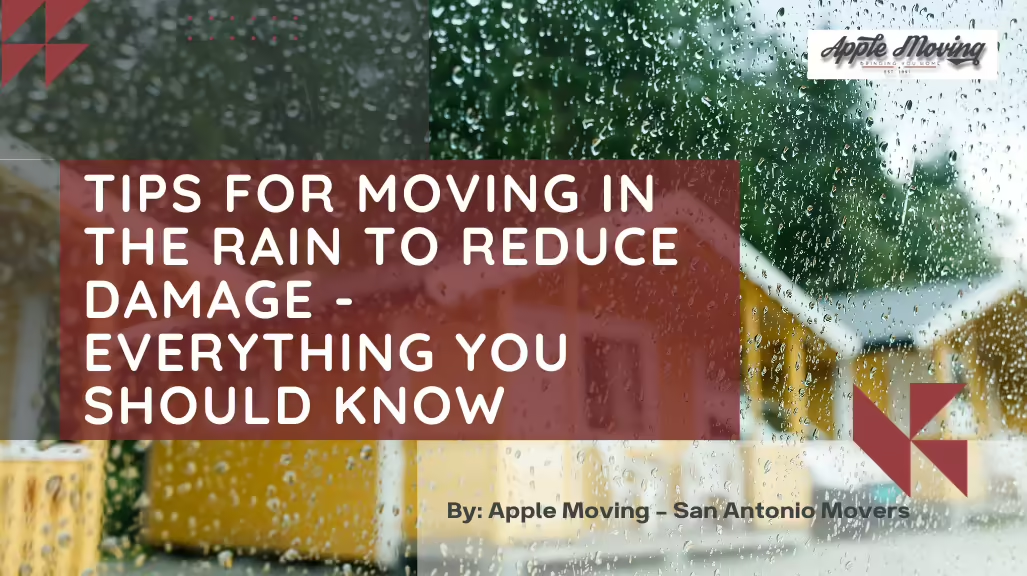It’s difficult for most people to see their possessions put into a truck. When you get to your new address, you’re naturally worried about how they will fare and look.
Just like you would purchase health insurance to protect your health, moving insurance is there to ensure that everything is delivered safely. If not, you’re reimbursed for those things.
Let’s learn more about the insurance coverage options available to you.

Do You Require Moving Insurance?
You’re probably wondering if you require moving insurance. It’s understandable to feel nervous about letting strangers handle your household goods. What if they damage, destroy, or lose them?
Typically, moving insurance is the answer. You may have many valuable items or plan to move during a time when weather conditions could damage your items. Therefore, it’s a wise decision to get insurance protection.
What Will Moving Insurance Cover?
What the moving insurance covers depends on your policy. Typically, it will take care of damage to your household items while in transit, often called trip transit insurance.
Before hiring a moving company, you must understand its liability coverage. This will ensure your belongings are covered if there’s an accident.
What’s Moving Insurance Cost?
The price of moving insurance depends on various factors, such as the type of coverage you get and the value of your belongings. With more coverage, you’ll pay more.
Typically, the bare minimum coverage is called released value protection, and it’s generally what’s included in the moving contract. However, full-value protection moving insurance is another option. You’ll pay roughly one percent of the total estimate (value of your items).
If you choose moving insurance from a third-party insurance company, you could pay up to five percent of the valuation estimate.
Will Homeowner’s Insurance Policies Cover My Move?
Before purchasing moving insurance, you should check your homeowner’s insurance policy first to ensure it doesn’t cover items. Don’t assume that renters or homeowners insurance will cover everything while moving because the policies will vary.
What will a homeowners policy cover? Typically, it protects your personal property and will reimburse you for 50 to 70 percent of the value of your belongings if they’re damaged. However, your insurance policy might not cover goods while they’re in transit or might only protect the household goods while movers pack them.
What Insurance Coverage Options Are There?
The mover is liable for the value of the items they transport. However, there are various liability coverage options. You must know your responsibilities and rights as a consumer to determine the coverage you need.
Federal law requires all moving companies to offer two coverage options to out-of-state movers and consumers. However, you can also choose a third-party insurer.

Released-value Protection
Released-value protection is economical and gives you about 60 cents per pound. Therefore, you’re reimbursed for everything only up to that amount.
If you have a 10-pound item damaged in the move, you will get $6 (10x.60). Overall, it’s basic coverage.
Typically, released-value protection comes at no additional cost, but you’ll have to sign a statement on the contract agreeing to it. Remember that released-value protection will compensate you solely based on weight and not the actual value. This lowers the mover’s liability, which is why it’s generally provided for free.
You can get a separate liability policy from a third party to offset the cost, but it’s generally better to consider full-value protection.
Full-value Protection
Most people dislike the idea of their items only being worth 60 cents per pound, especially when they’re paying professionals to move them.
Movers understand this concept, so they offer full-value protection, too. This coverage is based on the valuation of the items being transported. You’ll pay one percent, so if you feel your belongings are worth about $50,000, you will pay $500 to get the full-value protection.
There are two options for full-value protection. You can choose full replacement value, but the moving company decides whether to repair or replace the item with something new.
Sometimes, you will get a cash settlement so that you can buy what you want or need personally. Other times, companies get you the items themselves to control the price.
Typically, movers won’t reimburse you for items that are more than $100 per pound unless they are specifically listed on the documentation. You can buy extraordinary value protection to offset this.
Expanded Mover Coverage
You can always upgrade your coverage. Ask moving companies what valuation coverage options they provide. Just remember that a moving company cannot sell insurance. Instead, you’re paying for the stated liability and setting the limits of liability if your things are destroyed, lost, or stolen.
Sometimes, the moving company will offer expanded valuations. A declared value lets you set the per-pound amount of the belongings. If you believe your possessions are only worth $6 per pound, and the load is about 10,000 pounds, you will get $60,000 for the total shipment if it was a complete loss. That’s the maximum you could get.
Individual items are generally replaced with something similar. For example, you have a 2-year-old washing machine and would get another one about the same age. Think about that carefully because used clothing might have less or no actual cash value.
It’s also possible to ask the moving company if it offers lump sum values (assessed value). This coverage is similar, but you will set the amount based on value instead of weight. Typically, it works well when you have many high-value and small items that don’t weigh much.
Federal law requires long-distance movers to have released-value and full-value protection. If it’s a local move, you might want to check with a local consumer affairs agency to determine the regulations for moving insurance.

What Does Valuation Mean?
Moving companies generally offer various liability levels under the “valuation coverage.” This is the liability amount that the brand will accept if your belongings are lost or damaged during the move.
Each liability level will determine how much the movers can reimburse you if the goods are damaged or lost while they are involved. Typically, the coverage is limited, regardless of what you choose.
It’s also important to understand that valuation coverage isn’t the same as insurance. You can purchase separate insurance policies to cover the move, reducing the coverage gap.
What Doesn’t Valuation Coverage Include?
Just as you should know what’s covered, it’s crucial to understand what isn’t covered.
Valuation coverage means that movers aren’t responsible for anything in boxes they didn’t pack. Typically, you won’t be covered for damages to items in the boxes unless the box is significantly damaged.
Likewise, you aren’t covered for natural disasters, including hail, windstorms, tornadoes, and fire. If the items get damaged while in storage, you’re typically not covered because the moving company cannot control what happens at the facility (unless it owns it).
Find a Reputable Moving Company Today
The first step is understanding what moving insurance is and what the company offers. Now that you know what’s involved and included, you can make better decisions about protecting your items in case of an accident.
Hiring a reputable moving company to help with your move is crucial. Apple Moving is an excellent option. Learn more about our services, or begin your move by requesting an estimate today!
FAQs About Moving Insurance
Should I Get Insurance on a Long-Distance Move?
Though homeowners/renters insurance could cover damages and loss while in transit, this isn’t always the case. Therefore, it’s wise to have insurance because of unforeseeable problems.
There are many options available. Most truck rental companies use insurance that covers cargo protection, accident damage, and medical/life insurance for the passengers. You may also get supplemental liability coverage for any accidents caused by you.
It’s wise to let the moving company know about anything that might have extraordinary value, such as antiques, artwork, and jewelry, to ensure that it offers adequate coverage.
Does USAA Renter Insurance Cover Moving?
Having an insurance policy through USAA won’t help cover your moving costs. However, it will protect items that are damaged during a move. Still, there are exceptions, such as weather-related issues and damages, while storing the items.
What Is Full-value Insurance?
Full-value insurance focuses on the valuation of the items being transported. You’re charged about one percent here, but it offers total replacement value for damaged, destroyed, or lost articles during the move.
Moving companies can repair items in the same condition as before or replace them with something similar.
However, if you’ve got a washing machine that’s two years old, the company won’t give you a new one. Instead, you’ll receive the fair-market value for a similar product. This also won’t pertain to items with extraordinary value, such as jewelry, collections, and artwork. You may need an endorsement or rider here.




